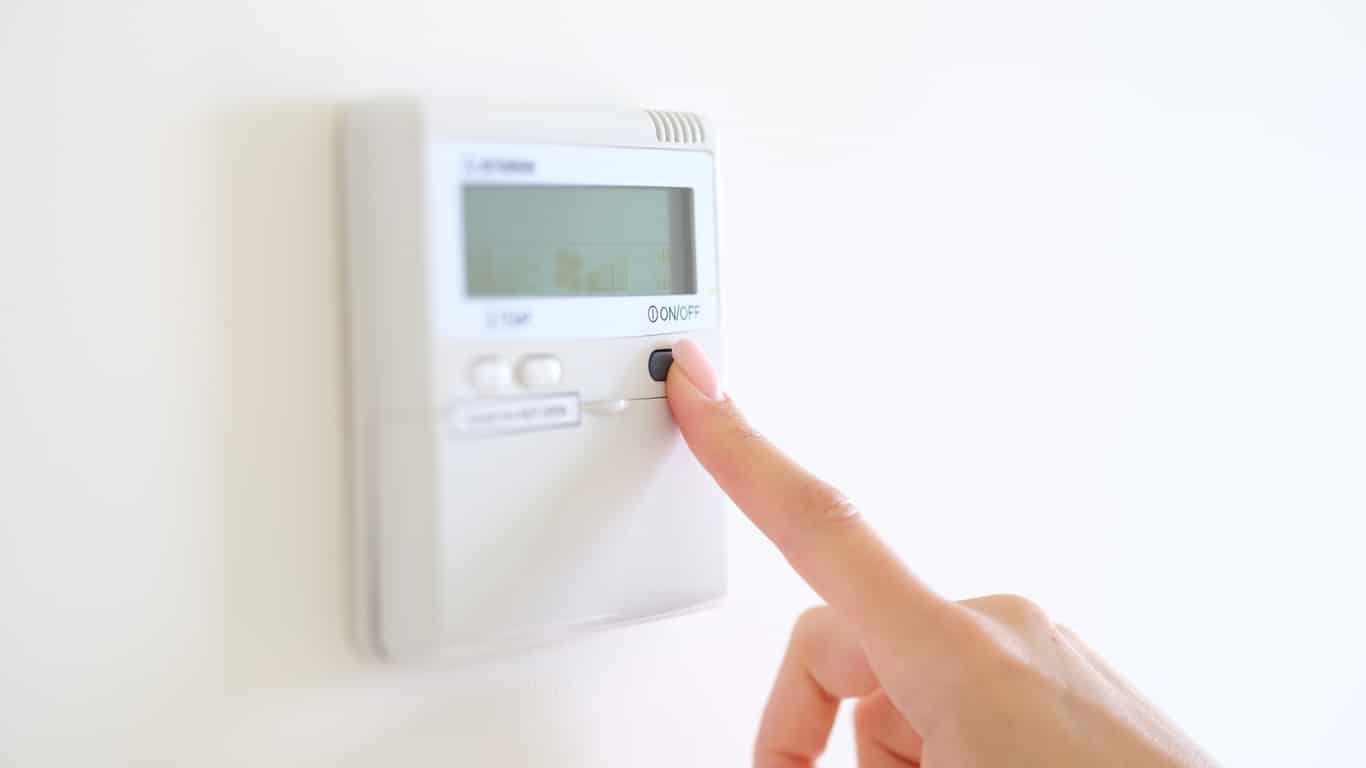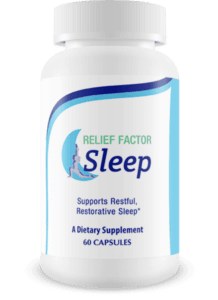Every human on this planet needs a good night’s sleep for optimum health, around 7-9 hours per night for most adults. Being sleep-deprived is linked to a host of unwelcome effects, including weight gain, cardiovascular disease, stress, and psychiatric symptoms. It may even make us susceptible to illness by suppressing the immune system and increasing our chances of developing Alzheimer’s disease as we age.
Unfortunately, getting a full 7-9 hours of z’s every night isn’t always possible. Whether it’s because of a rush deadline, fluctuating hormones, or the neighbor’s noisy hound, sometimes we end up getting fewer hours of sleep than we need. According to data from the CDC, approximately 30% of the U.S. workforce reported that their average sleep duration was equal to or less than 6 hours per night.
What is sleep debt?

The difference between the amount of sleep your body needs, and the amount it gets is known as sleep debt.
Sometimes, individuals skip or severely reduce their sleep for a short time, resulting in a quick accumulation of sleep debt. This might happen because of a big project, a shift in schedule, or a book you just can’t put down. This type of deficit is typically simple to recover from compared to sleep debt accumulated over a longer period.
In other cases, people accumulate their sleep debt in small, consistent increments. Consistently reducing sleep by an hour per night results in a full night’s sleep deficit in only one week. While this may result from going to bed later than usual or getting up earlier, it may also be the result of poor or interrupted sleep.
Symptoms
No matter if the loss is compiled quickly or slowly, the symptoms of sleep debt are the same. Symptoms to expect when you don’t get enough sleep include:
- Clumsiness and poor balance
- Difficulty concentrating
- Drowsiness
- Irritability
- Physical weakness
- Poor memory
- Reduced sex drive
- Weight gain
Chronic Sleep Debt
The same cognitive decline per hour of lost sleep develops despite being lost quickly or slowly. In a study at the University of Pennsylvania and Harvard Medical School, subjects with relatively moderate sleep restrictions over several days reported less sleepiness despite displaying the same cognitive deficits as those who had more severe restrictions over fewer days.
Sleep debt, like financial debt, is cumulative. A relatively small amount of missed sleep each day, say 30 minutes to an hour, can quickly snowball into an unmanageable deficit. Making up the missing hours of sleep over a few days generally settles short-term sleep debts. Long-term debts may have accrued over months or even years and often require more effort and time to eliminate.
Preventing sleep debt
It can take several days to recover fully from just an hour or two of sleep debt and return your body to its natural baseline, so the best way to deal with sleep debt is to avoid accruing it in the first place. We can do this by prioritizing sleep and practicing good sleep hygiene. Ways to improve the quantity and quality of your sleep can include:
Keep a consistent schedule
Maintaining a consistent sleep schedule helps to prioritize sleep so that you get enough rest to keep you going strong. While the ideal sleep schedule varies from person to person, going to bed at the same time each night and waking up around the same time every morning will train your body to sleep more effectively.
Any deliberate changes to your sleep schedule should be made gradually — in increments of 30 minutes to an hour over several days.
Optimize your bedtime environment.

Keep the temperature in your bedroom comfortable for sleeping, replace old or uncomfortable mattresses, pillows, or sheets if possible, and try to block out any noises that might disturb your sleep.
Exposure to bright artificial lighting at night can suppress the release of melatonin, the hormone responsible for promoting sleep. To help ensure restful sleep, turn off electronics and dim the lights half an hour to an hour before bed.
Break sleep-disrupting habits
Habits like smoking cigarettes, drinking alcohol, and consuming caffeine late in the day can all disrupt sleep, but for different reasons. Both caffeine and nicotine are stimulants that may make it difficult to fall asleep, and if consumed shortly before sleeping, alcohol disrupts the sleep cycle as its effect wears off.
Eating within a few hours before bedtime means that your body may still be busy digesting when you lie down. This can increase your chances of experiencing acid reflux, making it difficult to sleep.
Catching up on lost sleep

Prioritizing time for restful sleep is a crucial component of a healthy lifestyle, but sometimes life gets in the way. Here are a few tips for catching up on sleep for when life catches up with you.
- Take short power naps early in the afternoon, but don’t nap longer than 2 hours at a time.
- Go to bed an extra hour or two early.
- Don’t sleep later than 2 hours past your normal wake-up time.
For a short-term debt or just a day or two of lost sleep, your sleep banks can usually be repaid in just a week or so. For debt that has been accumulating for longer, the process may take several weeks.
Don’t give up.
Sleep is essential to both our physical and mental health. If you are still having trouble getting enough sleep despite having a set schedule and good sleep hygiene, something else may be interfering with your sleep. Don’t hesitate to contact your doctor to discuss your sleep woes. They may be able to offer personalized tips for better sleep, uncover hidden causes, such as hormonal fluctuations or undiagnosed sleep disorders like sleep apnea, or possibly prescribe a medical sleeping aid.
Products to Prevent Sleep Debt
Moonwlkr THCP Gummies

This blend will have you vibing on another level in no time. Each gummy packs a punch of strawberry banana goodness, delivering a potent experience that’s both relaxing and uplifting. Just remember, take it slow, and enjoy the ride. Discovered in 2019, THCP is the latest and greatest discovery in the world of cannabinoids. Crafted for potency, these THC-P gummies are 10x stronger than traditional THC. Indulge in the soothing blend of flavors while unlocking a new realm of calm and comfort. Unlike other brands, all Moonwlkr products are made in-house at our state-of-the-art facility in Nevada, USA.
Get a FREE Moonwlkr THCP Gummy Sample Pack (just pay shipping)!
Eight Sleep Pod 3 Cover, $2,145

The Pod 3 Cover improves your sleep, gives you more energy, and seamlessly fits onto any mattress. Each side cools and heats you and your partner (as low as 55℉ and as high as 110℉), all while tracking your sleep without a wearable.
Hatch Restore Sleep Assistant, $129.99

The Hatch Restore is a sleek bedside sleep assistant that gives users the tools they need to set and stick to a consistent sleep routine. Designed to help users fall asleep, stay asleep, and wake up more easily, Restore helps users maximize the power of sleep and wake up feeling their best.
Boll and Branch Bedding, Price Varies

Boll & Branch offers Fair Trade Certified, 100% organic cotton bedding and bath products for the home. Since the beginning, we’ve sourced the finest raw materials and reinvented the supply chain, putting workers’ rights first. These commitments impact more than a product; they offer a better way to live in this world.
Relief Factor Sleep, $19.95

Relief Factor Sleep is a 100% drug-free, non-addictive sleep supplement that leaves you feeling rested and restored after a good night’s sleep. Relief Factor Sleep works with your body’s own systems to address multiple causes of disrupted sleep.
Read Next:
How Much Sleep Do We Need At Different Ages?
The Best Sleep Apps to Help You Get Some Rest Tonight








